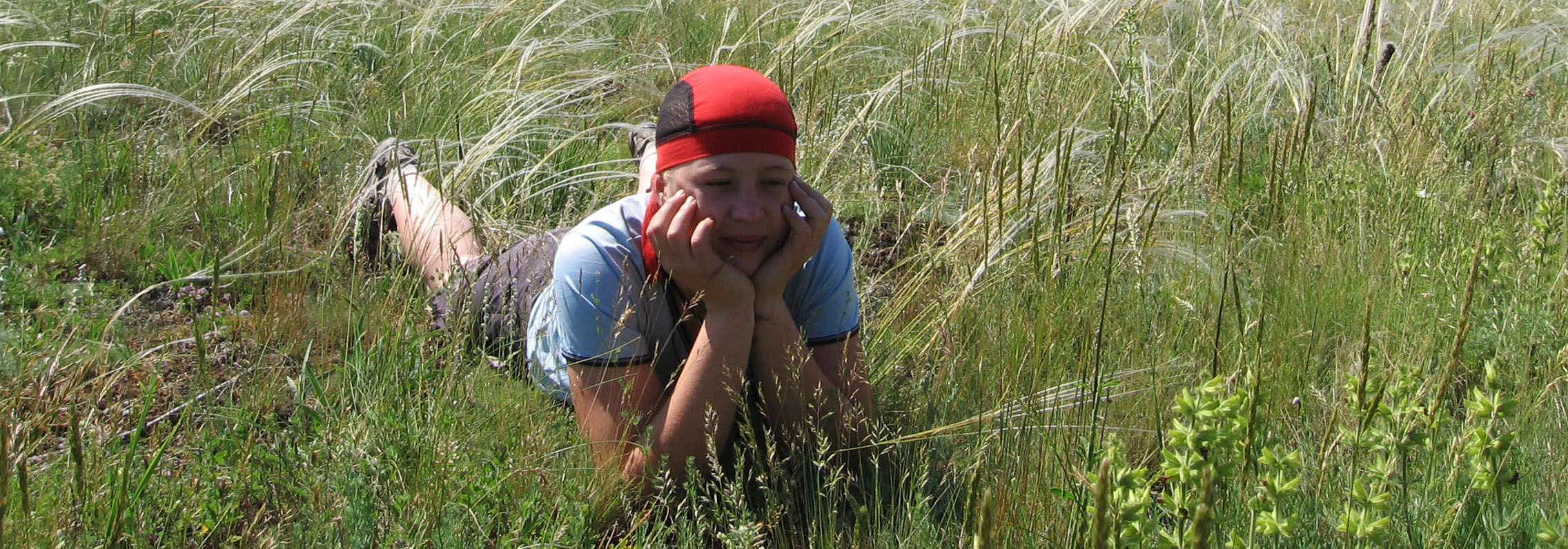Best Exercise for Losing Weight
 The problem when you are first embarking on a weight loss goal if you are not used to the best exercise for losing weight, it can make you hungrier.
The problem when you are first embarking on a weight loss goal if you are not used to the best exercise for losing weight, it can make you hungrier.
Many studies have shown that if people start a new exercise program, their bodies begin to pump out much higher levels of the hormones that increase appetite. This reaction seems to be most pronounced if someone starts a new, moderate, aerobic exercise routine. However, recent research shows that if you do intense exercise that includes interval training, it may actually reduce your appetite.
So if we take up moderate jogging, swimming, walking or bike riding, for example, we will probably feel hungrier afterward, and often wind up consuming as many or more calories than we just expended. Let’s not forget that a moderate 30-minute walk burns only about 100 calories. We all know how easy it is to consume 100 calories.
What is the best exercise for losing weight? You need to identify how many calories you should consume to be at your ideal weight. An easy way to do that is to multiply your goal weight by 10. So if you want to weight 140 you need to ingest 1400 calories. But you also need to keep your carbohydrates down to below 75 or if you are very overweight, below 55, net of the fiber. Then you need to begin expending 10,000 calories a day from your daily movement and do moderate to intense interval exercise 2 to 3 times a week. I would also recommend including a weight program as a body that has more muscle will be more metabolically active than one that has more fat.
Now I know what you are thinking that is daunting. Well if you cannot do the exercise, the other choice is to change the food. That will be more effective than exercise alone for weight loss. That gets us to the next question of how to maintain the weight loss. You basically eat the same way and clock in your 10,000 steps. The extra high intensity is for weight loss not maintenance. If you want to eat more, you need to keep up with the high intensity too. Hope this makes sense.

 In a recent article in The New York Times
In a recent article in The New York Times